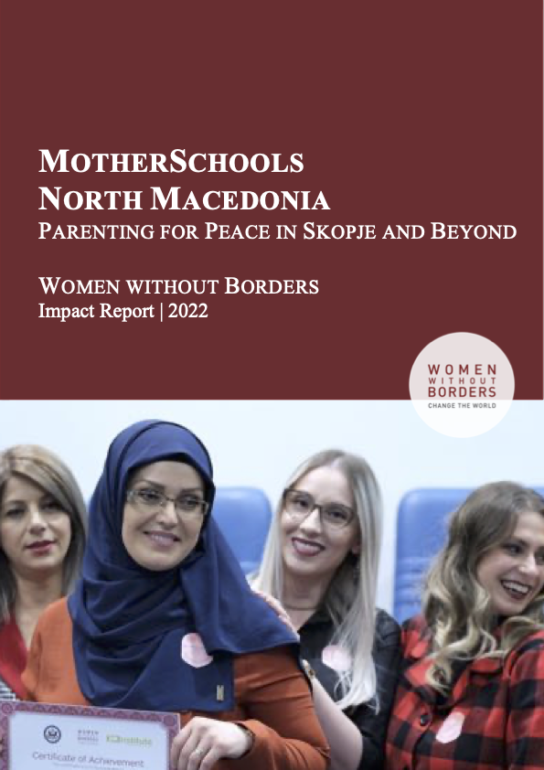On 20 October 2022, Women without Borders (WwB) organised a side event at the eleventh session of the Conference of the Parties to the United Nations Convention Against Transnational Organized Crime (COP11). Dr. Edit Schlaffer, Founder and Chair of WwB, moderated the event, which convened voices from Zanzibar, India, and Bangladesh to explore leading drivers of radicalisation that are destabilising families and communities, including drug abuse and organised crime.
Panellists Madam Shadya Karume, Diana Joseph, and Md. Monzurul Alam discussed the central role of women in the fight against extremist ideologies. They drew on their experience of implementing WwB’s ‘MotherSchools: Parenting for Peace’ Model that empowers women to become leaders and security allies in their families and communities. The three statements along with a panel Q&A session outlined the resilience and courage of women in these communities, the importance of building a foundation of women leaders from the bottom up, as well as the need for a whole-of-family approach in prevention efforts.
“For a long time, we looked to the political elite for answers. Over time, however, it became very clear that civil society not only better understands these problems, local-level stakeholders also have the access and reach to address these challenges.”
– Dr. Edit Schlaffer, Founder and Chair of Women without Borders
“Women – mothers – can be the vanguard in the war against radicalisation and extremism only if they are aware of their abilities and roles. … The MotherSchools Zanzibar training programme – organised in Vienna and tailored towards our traditions and culture – has reached over 600 mothers who are ready to be ambassadors of Parenting for Peace and who are already reaching other mothers in their communities.”
– Madam Shadya Karume, former First Lady of Zanzibar and Founder and Chair of ZAYEDESA
MotherSchools Implementing Partner, Zanzibar
“We are working from a bottom-up approach, empowering female leaders of tomorrow at the individual, community, and global levels …
Very often we are unaware that the mothers’ time, their effort, their work with children are predominantly reasons that would keep children away from organised crime and keep the family together.”
– Diana Joseph, Managing Trustee of Fourth Wave Foundation India
MotherSchools Implementing Partner, Kerala
“Many mothers have become aware of how their own stronger identity can also support their children by being role models to them––that they can make decisions as women, not let others make it for them. … This good work of the mothers has made many fathers curious to also become involved and part of the parenting for peace movement in Dhaka.”
– Md. Monzurul Alam, Deputy Program Manager at Manusher Jonno Foundation (MJF)
MotherSchools Implementing Partner, Bangladesh
You are currently viewing a placeholder content from YouTube. To access the actual content, click the button below. Please note that doing so will share data with third-party providers.



